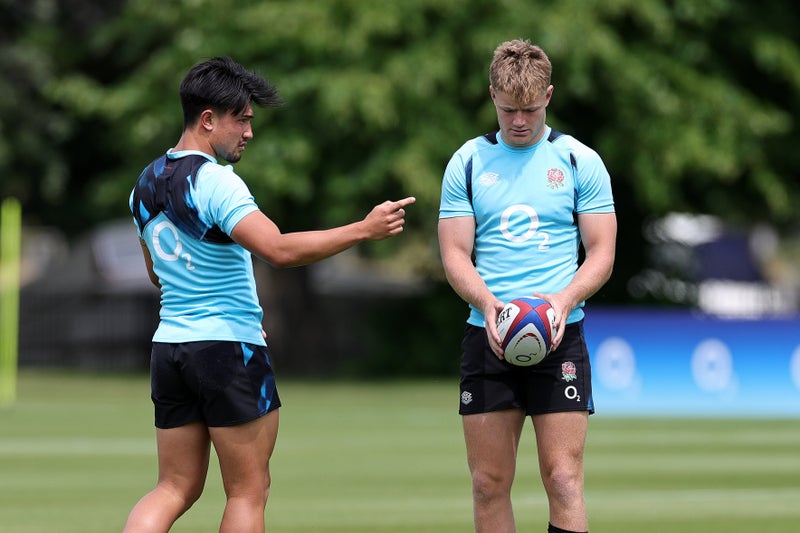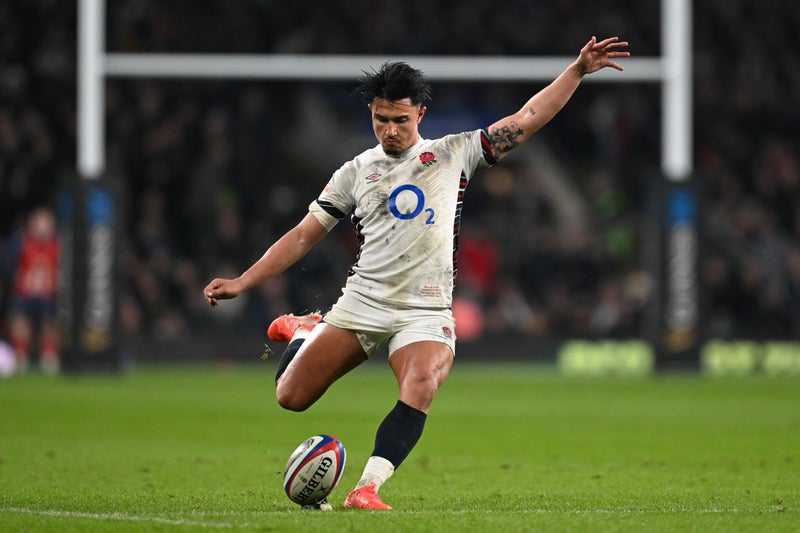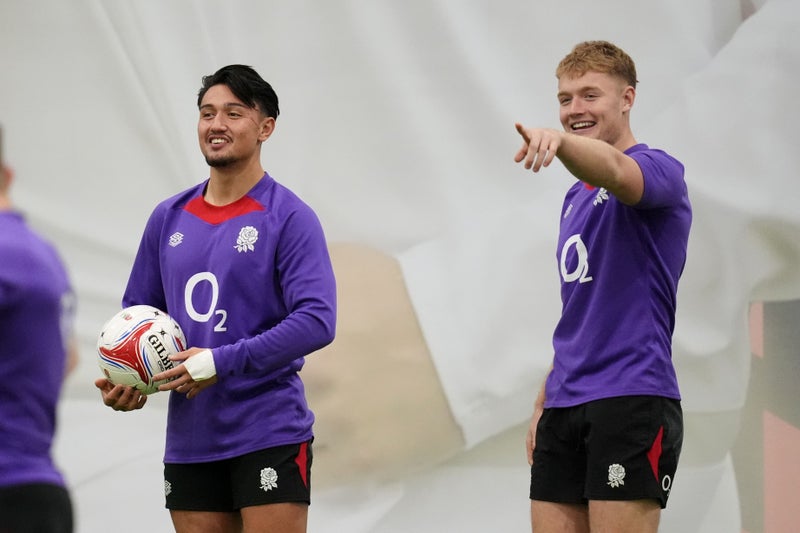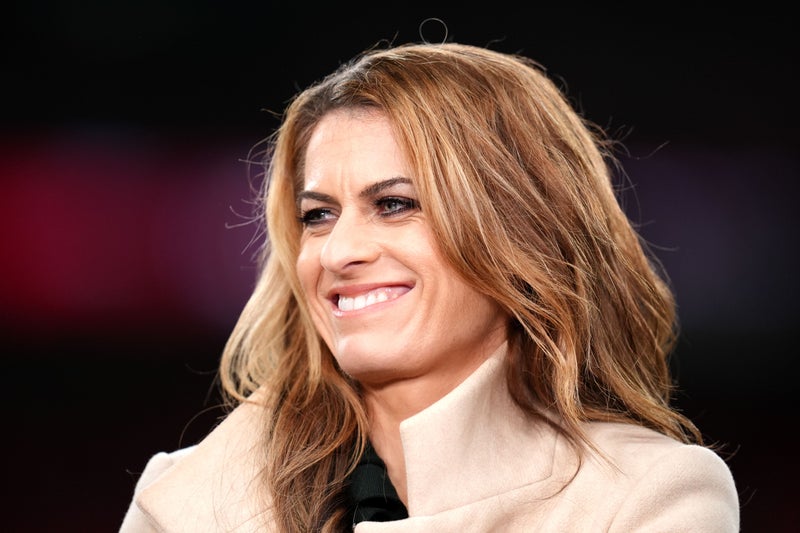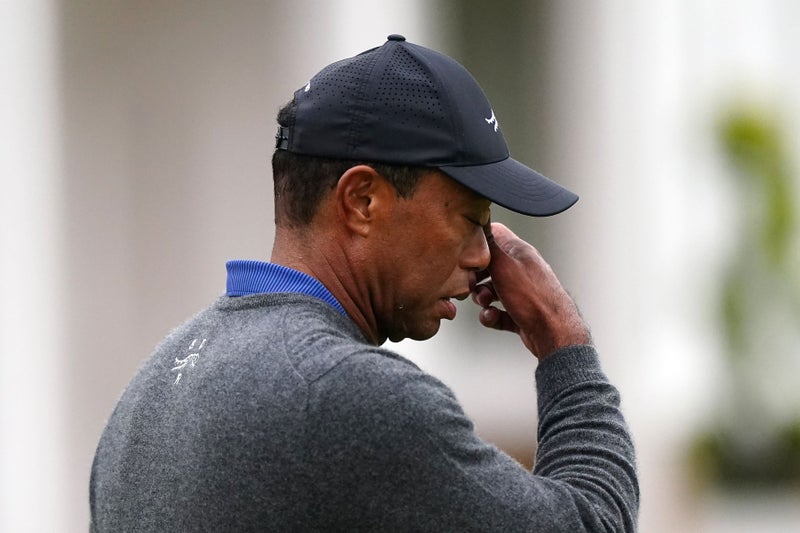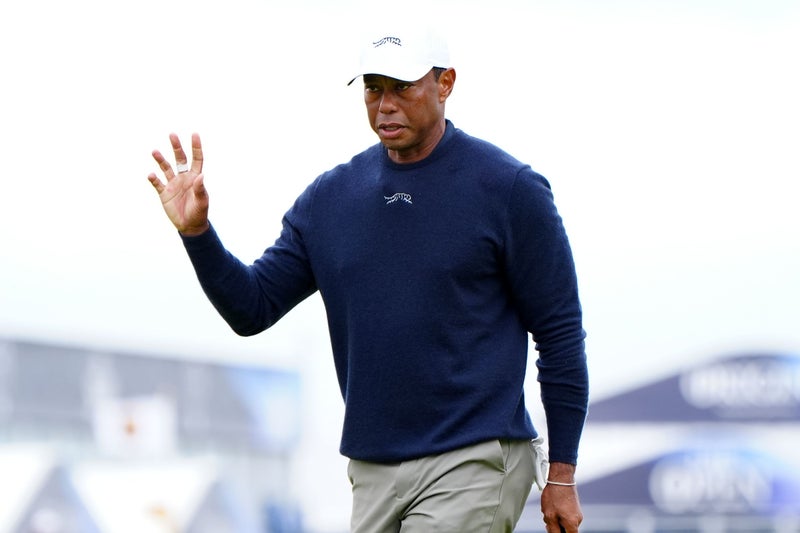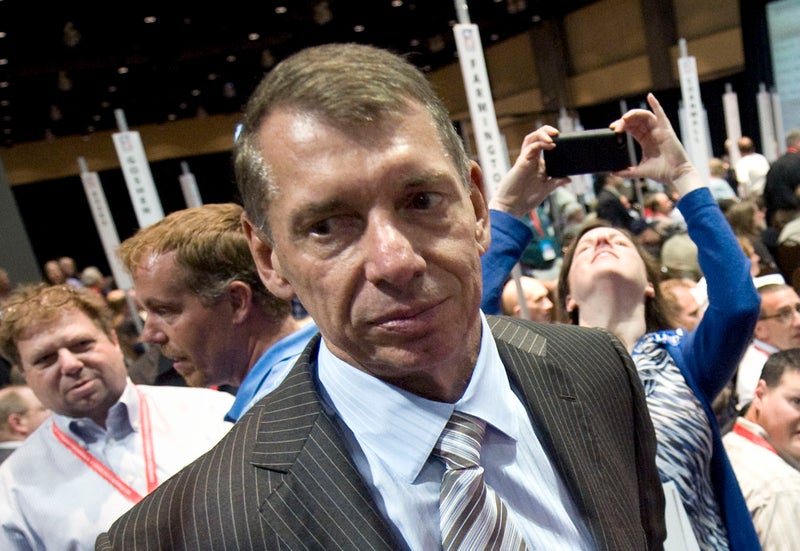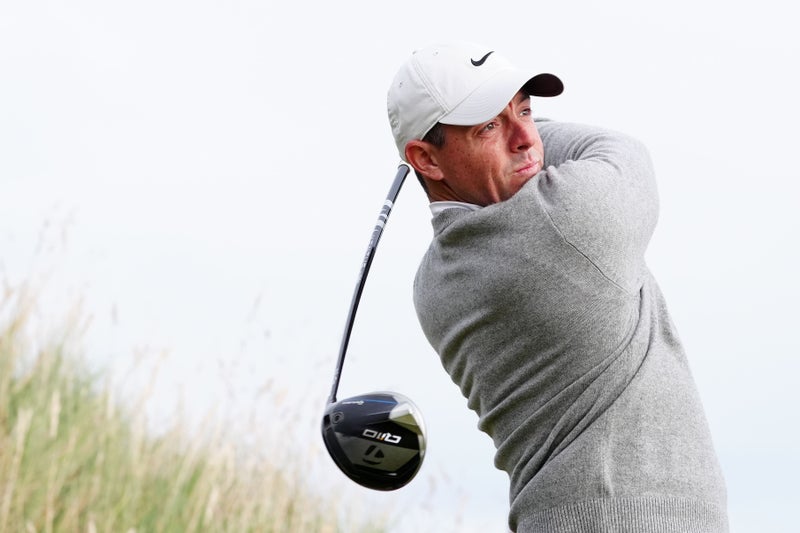Marcus Smith is moved to full-back against France with Fin Smith handed his first international start at fly half. Marcus Smith has been here before. It is the week that France are coming to Twickenham and the Harlequins playmaker is the subject of a huge selection call. In 2023, it was his promotion to the starting side at Owen Farrell’s expense; in 2025, it is his shifting to full-back to accommodate Fin Smith’s first international start at fly half.
![[Fin Smith is set for his first international start having been picked at fly half]](https://static.independent.co.uk/2025/02/04/13/7cd625e0cc67f702bcb2d659c8513bf5Y29udGVudHNlYXJjaGFwaSwxNzM4NzYxODc5-2.78869562.jpg)
It was Kevin Sinfield who first suggested exploring the attacking potential that utilising the Harlequin at full-back might create. During the 2023 World Cup, with England looking to find ways to maximise their offensive options amid the development of a limited kick-pressure led gameplan, the rugby league legend and then-defence coach convinced Steve Borthwick to give it a try. Three starts at the position, including in the quarter-final against Fiji, brought three wins.
![[Antione Dupont was often positioned in a wider channel for France against Wales, shooting out of the line to make tackles]](https://static.independent.co.uk/2025/02/06/9/40/Antoine-Dupont-defence.jpeg)
The circumstances, clearly, are different here. Necessity was not necessarily the initial mother of this invention, but with England on a run of seven straight defeats against non-Japanese opposition, Borthwick has felt a shake-up is required for the mighty challenge that awaits them on Saturday. There is a certain irony to the fact that Marcus Smith has been among England’s most consistent performers in that time - but doubts remain about his ability to best structure and set-up a backline; two strengths of his younger namesake. Deploying them together, Borthwick feels, might bring the best out of both.
![[Dupont closes the corner with a well-timed read, preventing Nick Tompkins from getting a pass away to exploit the space beyond him]](https://static.independent.co.uk/2025/02/06/9/55/Antoine-Dupont-defence-France-Wales.jpeg)
In Super Bowl week, John Madden’s old saying of if you have two quarterbacks, you have none comes to mind. But playmaker primacy appears to be becoming less and less important in international rugby. Look, for example, at the top four sides in the world. South Africa have flitted between Sacha Feinberg-Mngomezulu, Manie Libbok and Handre Pollard in the last 12 months – if Pollard remains their dead-eyed closer, the greater gifts of his younger teammates clearly have a role to play in the Springboks development.
Ireland, meanwhile, are balancing the demands of the present and future as Sam Prendergast and Jack Crowley vie. The Munsterman’s timely arrival off the bench helped them over the line last weekend but Prendergast’s controlling role has been perhaps underrated. New Zealand swapped and switched between Damian McKenzie and Beauden Barrett in 2024 amidst attempts to retrieve Richie Mo’unga from his lucrative, leisurely life in Japan.
Even France, where Romain Ntamack would usually have a relatively secure grip on the starting shirt, have used both Matthieu Jalibert and Thomas Ramos at the position plenty during Ntamack’s injury woe or, as is the case this weekend, disciplinary struggles. The presence of Ramos at 15 shows also the developing tactical importance of having a second playmaker at full-back. If it was once the 10/12 creative axis that was in vogue, increasingly in international rugby the trend has been to having a second distributor in the backfield – be it Hugo Keenan, Blair Kinghorn or Willie le Roux.
It is not a slight on Freddie Steward to say that he is not currently that player; the Leicester full-back has a great many other strengths that provide significant value. But not, perhaps, as much in a game like this – unlike other teams who kick to contest regularly, France prefer to lump it long with a well-formed chase. In the absence of George Furbank, Borthwick feels that Marcus Smith is the man to spark his side on the counter-attack, as he did in the build-up to Cadan Murley’s try in Dublin last week.
The head coach will recall last year’s thriller in Lyon, when Furbank’s eighth-minute injury forced the Harlequin to 15 early. England’s best attacking performance in recent memory followed. The difference, of course, was that it was a 95-cap George Ford as pilot then; Fin Smith has none of the veteran’s accumulated Test wisdom. But there is confidence in a 22-year-old that England feel is capable of thriving the biggest stage. A short senior career has already included a strong showing in a successful Premiership final performance, and starring roles in wins over Munster in Limerick and the Bulls in Pretoria.
France are a better team than the one fielded at the end of last year’s tournament, aided, of course, by the return of the masterful Antoine Dupont. Their Shaun Edwards-drilled defence dealt Wales their first nilling in the competition since 1998, though the visitors’ attack (overseen again by Rob Howley) was hugely simplistic and lateral in Paris. England are confident that they can cause more problems.


